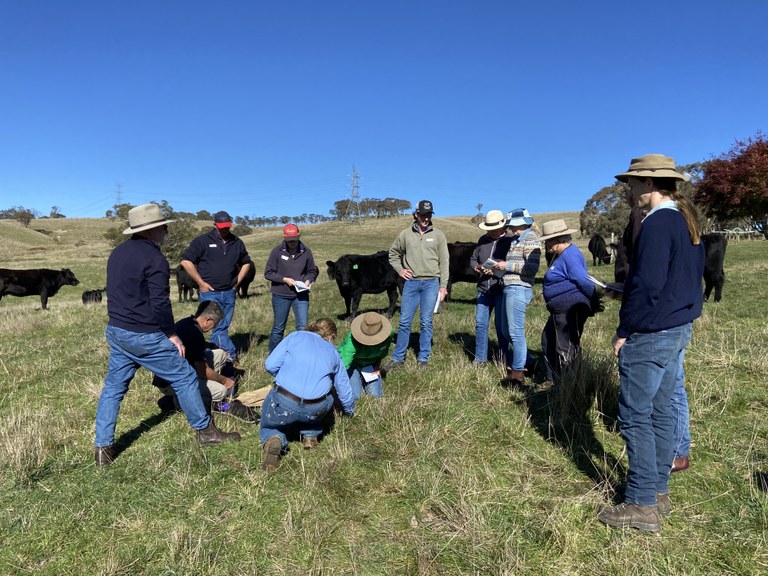
The Impact of Landcare in the Central Tablelands
Over the last four years our Landcare groups have been hard at work, even with the difficulties of COVID lockdowns, flooding and fires. Our volunteers commitment to environmental conservation and sustainable agriculture is not just a testament to their dedication but also a beacon of hope for future generations.
The Central Tablelands Regional Landcare Network includes the five local networks of Watershed Landcare, Central Tablelands Landcare, Mid Lachlan Landcare, Little River Landcare Group and the Lithgow Oberon Landcare Association. Many of these groups have been operating for over 25 years and are at the forefront of fostering a deep connection between people and their environment. Their commitment to environmental conservation and sustainable agriculture is not just a testament to their dedication but also a beacon of hope for future generations.
Since 2020, the region has witnessed a remarkable green revolution. With 29 native planting events, the region has seen the sowing of 9,949 native plants, transforming 519.25 hectares of land. This endeavour, more than just a reforestation effort, has brought together 291 community members in a shared mission to rejuvenate their land.
Landcare's influence extends beyond planting trees. Recognising the integral role of agriculture in the Central Tablelands, across the network the local Landcare groups have conducted 18 events focused on improving agricultural practices. These events have connected over 100 local landholders, fostering a community dedicated to sustainable and environmentally conscious farming methods.
Perhaps one of the most impactful initiatives has been Landcare's engagement with the region's youth. Through 13 events involving local schools, over 200 students have gained invaluable insights into biodiversity and sustainable agriculture. These educational efforts ensure that the principles of environmental stewardship are ingrained in the Central Tablelands' future caretakers.
Landcare's commitment to empowering the community is also evident in its 84 training events. Covering diverse topics such as chemical certification, soil sampling, and native plant propagation, these sessions have equipped participants with the skills necessary to contribute actively to their environment's health and sustainability.
Despite these successes, challenges remain, notably in funding the local coordinators who are the linchpins of these initiatives. Recognising this, the NSW government has stepped in with a significant commitment of $33 million to support the employment of coordinators across the state. This funding is a crucial lifeline, ensuring that the momentum gained in the Central Tablelands is not only maintained but also accelerated.
The Central Tablelands' journey with Landcare is a shining example of how community-led environmental initiatives can bring about significant change. It underscores the power of collective action in nurturing and protecting our natural world. As we look towards the future, the continued support and dedication of all stakeholders are vital to sustain and expand the positive impacts of Landcare on our local communities and beyond.
Through this network of passionate individuals, the Central Tablelands is not just a region in NSW; it's a community united in its mission for a sustainable and environmentally conscious future.




